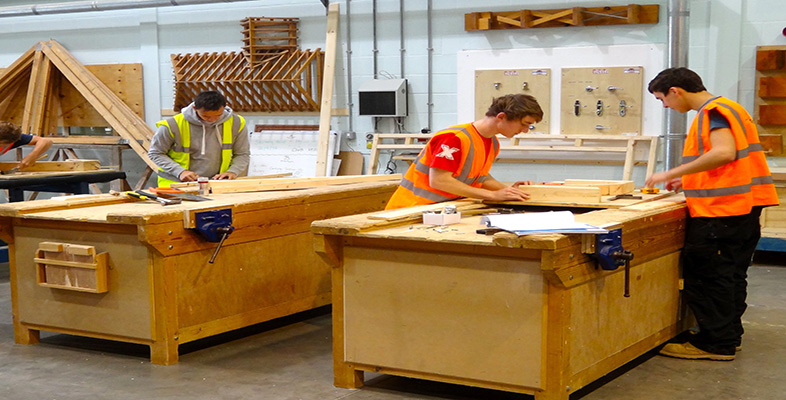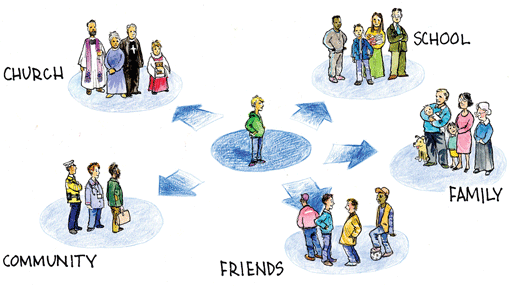1.1 Relationships in practice
Having thought about the qualities involved in developing relationships, let’s now discuss what we might consider a ‘good’ relationship. Which factors constitute a ‘good’ relationship? This is of course a complex question, and your answers will reflect your own values, the values of the young person and those of the organisation you work for. A ‘good’ relationship almost certainly has to strike a balance between different and sometimes competing aims and values – for example, between fostering a sense of security for young people and challenging them to try out new ideas and activities. How is your relationship different from the other types of relationships the young person might have?
When we consider our relationships with young people and whether they are ‘good’ relationships or not, we must weigh up the evidence for our response. Are we relying on our personal opinion or did we draw on conversations with colleagues or something we read? We might think the relationship was positive, but do we know what the impact was? Can we measure the outcome?
For example, briefly speaking in a personal capacity as the author of this study guide, I consider my relationship with Emily [a young person I worked with], as ‘good’ because I was able to support her in quitting smoking. She trusted me enough to help her give up and I felt that I could therefore ‘measure’ an outcome. Proving that the relationship supported that outcome is trickier, but seeking out the opinions of other people, your colleagues or the young people concerned can help.
You can ask young people themselves about their views and experiences of a ‘good’ relationship. Their feedback can provide important insights for your work practice and evidence for your practice and studies. Alternatively, or in addition, you can keep a record of key conversations you had with the young person, or of observations you made during your encounter with them. This way you can capture how relationships change. Relating any changes in the young person’s thoughts, feelings or actions to your own interventions can be difficult. With this in mind, the more evidence you collect the better as this allows you to assess the impact of these interventions.
Remember that the success or lack of success in building the relationship is not just up to you. As mentioned earlier, the nature of relationships we have with young people may be voluntary or, from time to time, compulsory. You should know that sometimes there will be occasions when it simply doesn’t go the way you hoped and that this is not your fault. This is when evidence on practice can help us, and using feedback from young people can certainly inform our assessment of our relationships with them.
A good starting point is to find out what the young people might want from a relationship with you as a professional. To do this properly you need to talk to young people.

